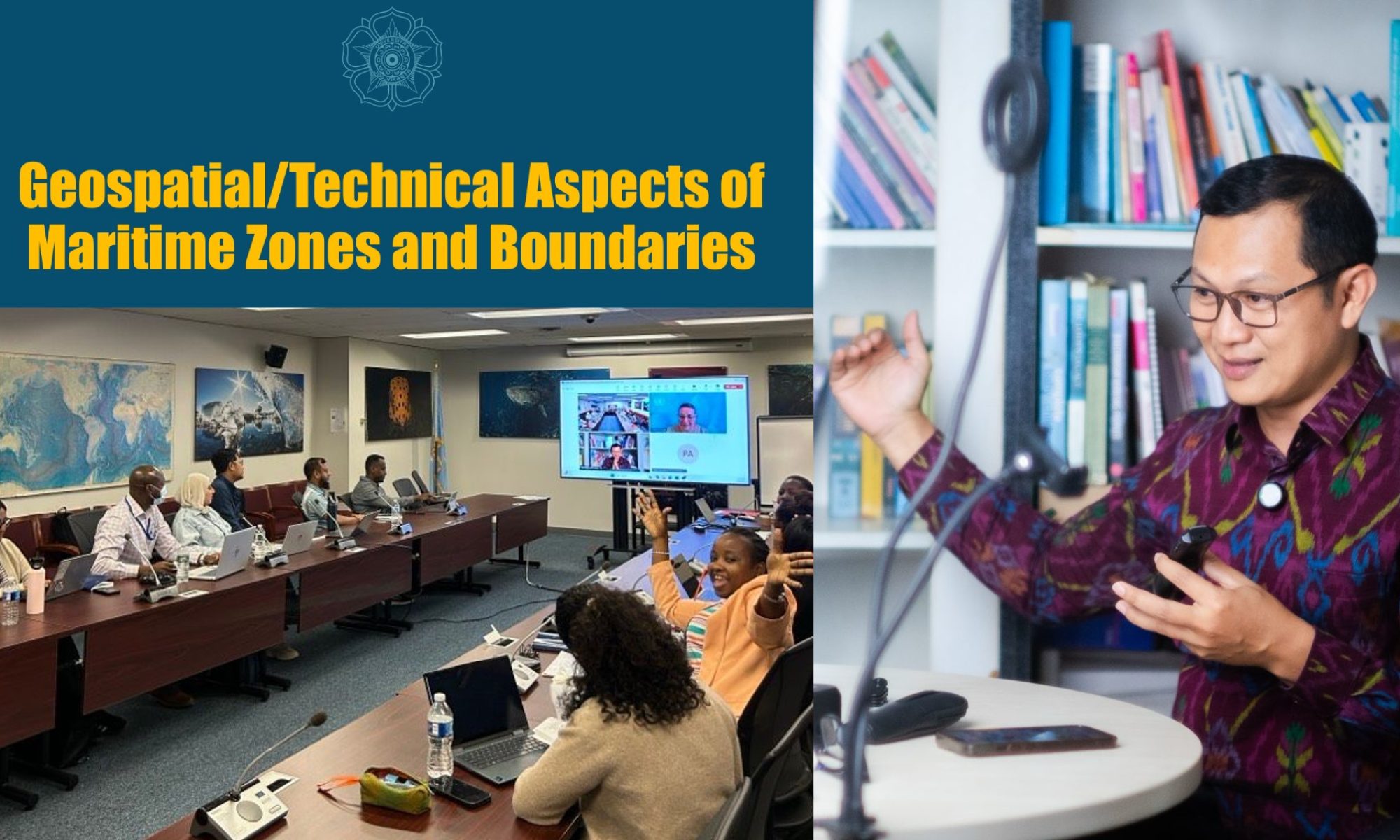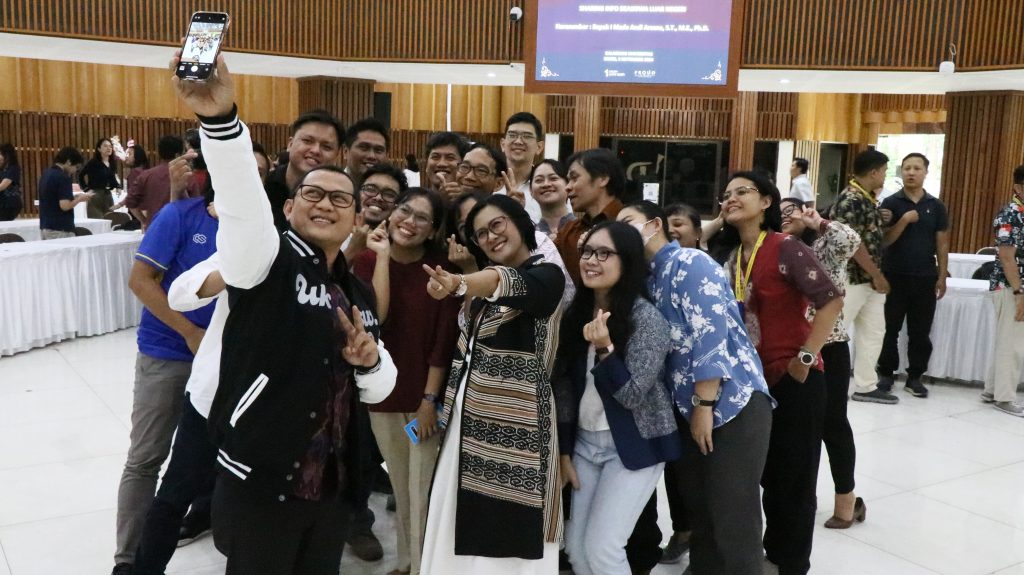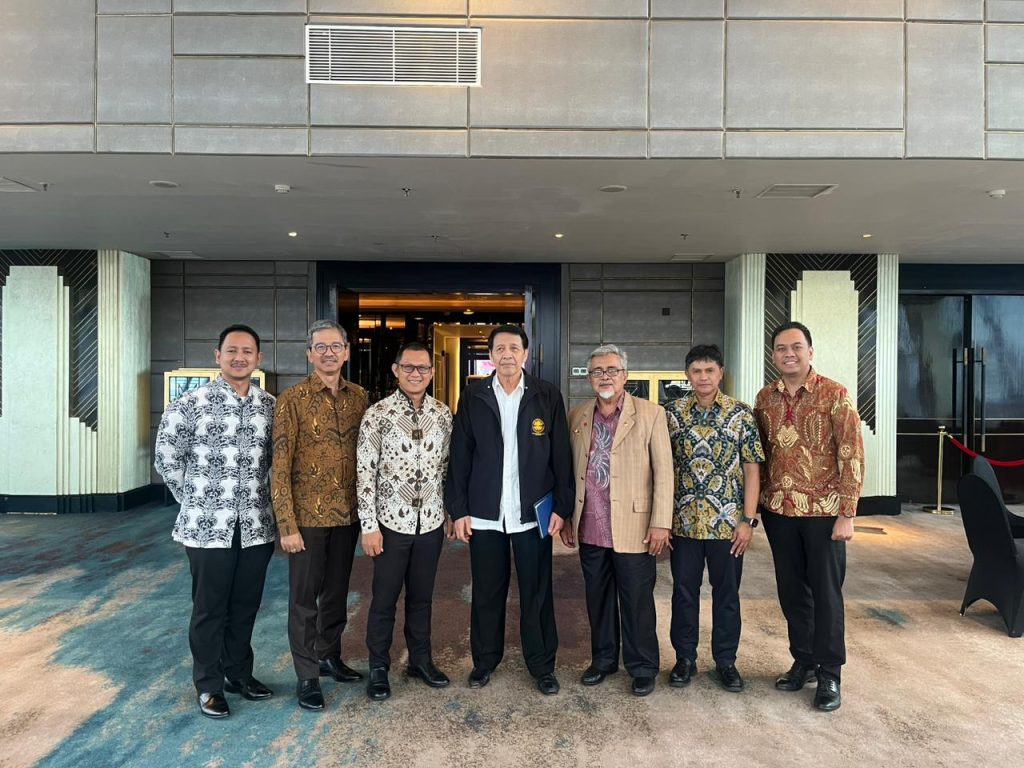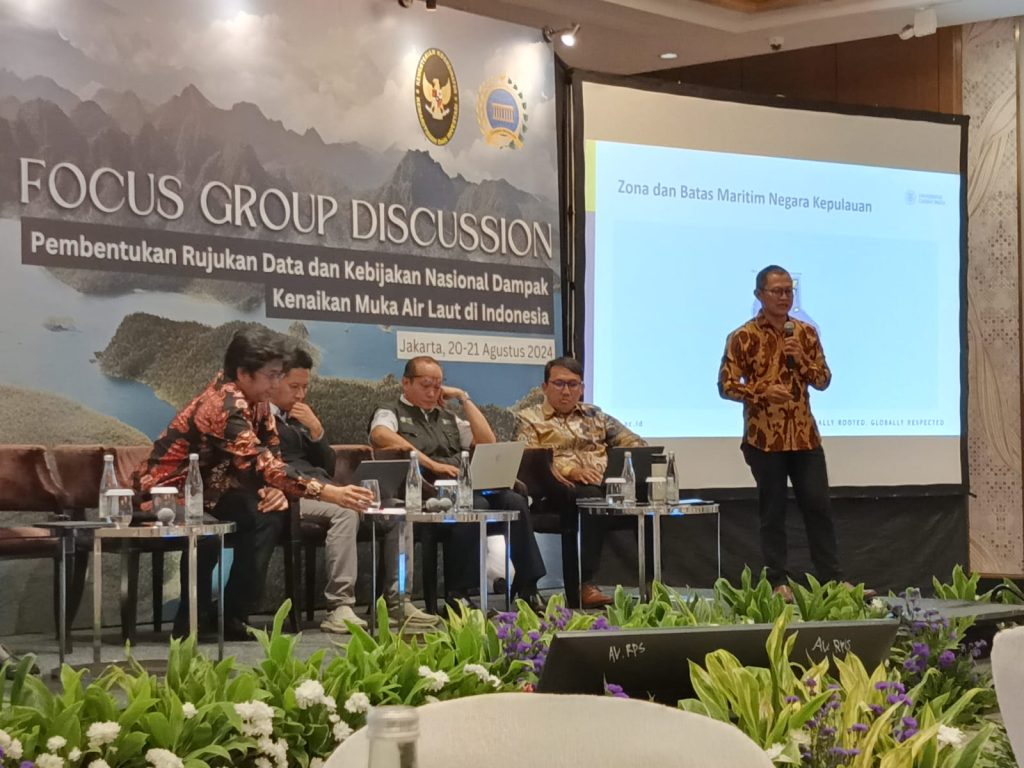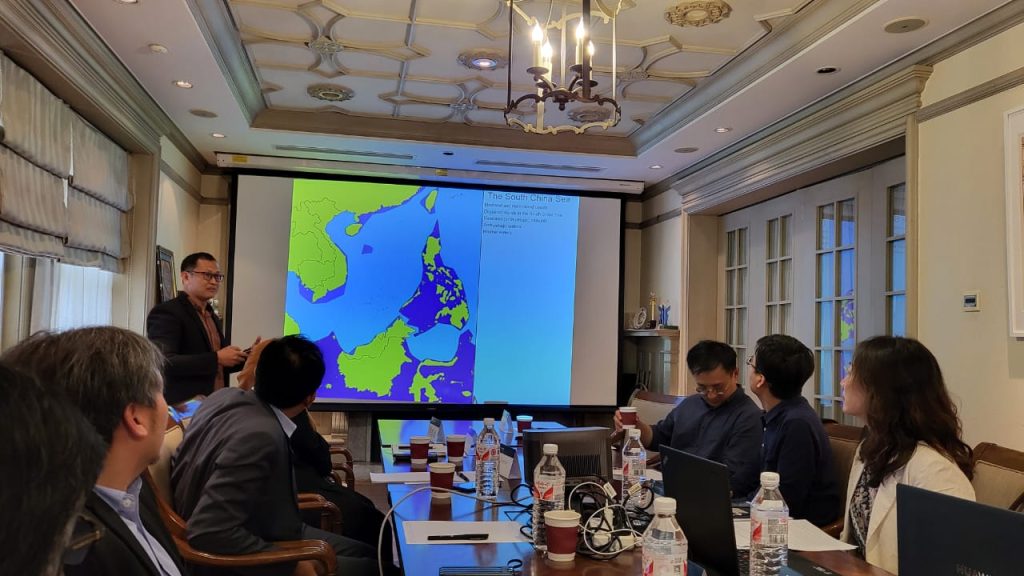I gave a talk at a pre-departure session for LPDP scholarship awardees on 5 September 2024. Around 300 students were there to participate in an online session. As always, having a session with LPDP awardees is always rewarding. I could easily feel their energy.
Even though it was an online session, I could easily feel their enthusiasm. I gave the lecture when I was in Salatiga for another session. At UKSW in Salatiga, I also gave another lecture regarding my experience in pursuing my PhD study. Please read my other post for a more comprehensive understanding about my other lecture.
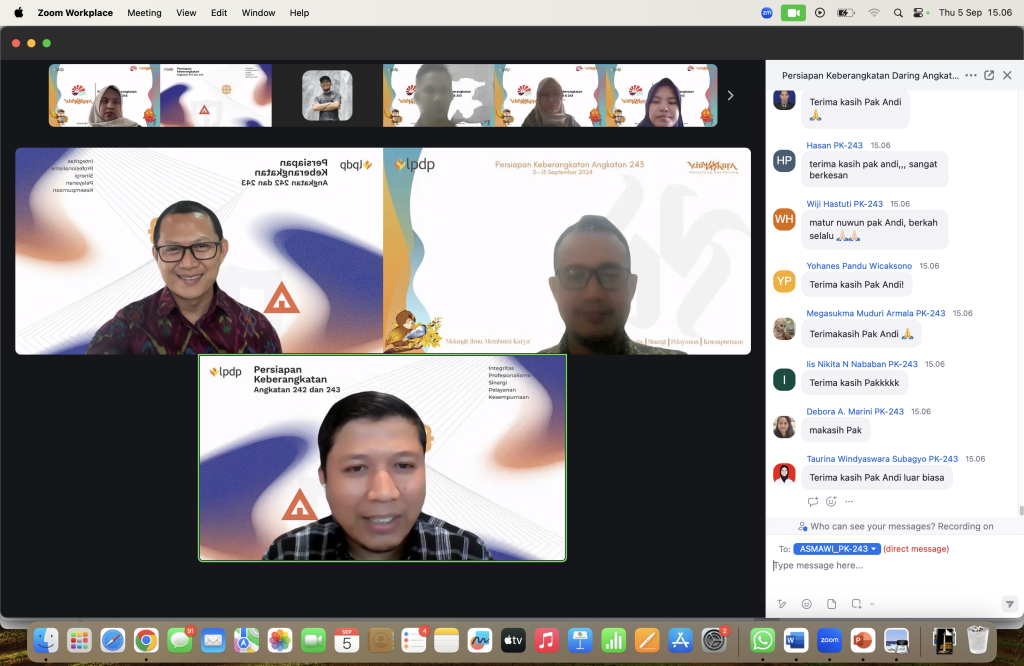
Back to the LPDP event, the session was about becoming aspiring scholars. They are about to start their study in highly reputable institutions around the Globe. I can imagine, they will grow into great intellectuals. Having understood this, it is essential for them to prepare themselves to contribute in the society where they belong. Hence, helping them prepare themselves to be aspiring scholars in the future, for me, is a privilege.
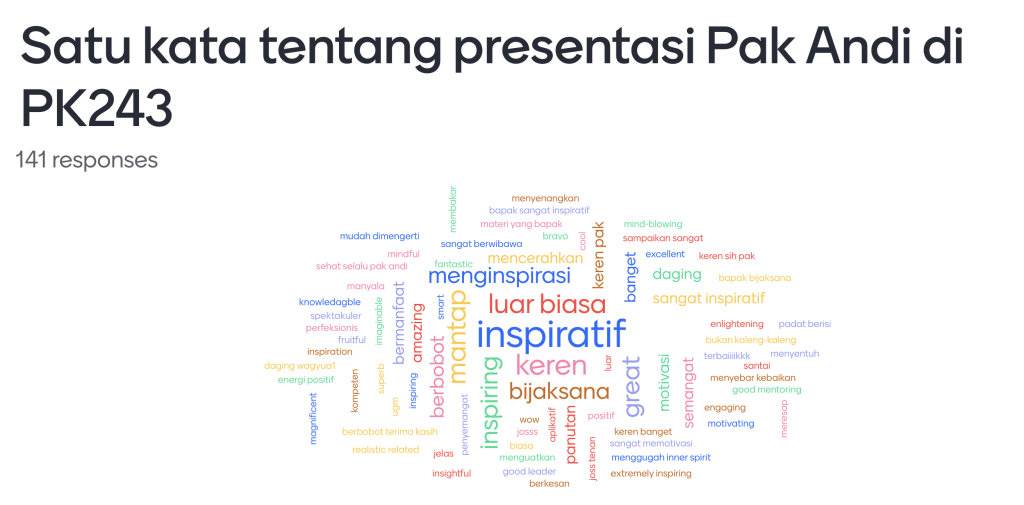
I had fun discussing with the students, virtually. They had good questions that provoked my views on being aspiring scholars. I wish them best of luck!
